Our vulnerability analysis in the OT/ICS environment
The increasing digitalization and networking of industrial plants also increases the IT security risks against which machines and systems within industrial environments must be protected.
With the help of Industrial Security Assessments, you get ahead of cybercriminals by proactively identifying and closing potential security vulnerabilities.
![]() Identification of security vulnerabilities in your ICS infrastructure
Identification of security vulnerabilities in your ICS infrastructure
![]() Explicit recommendations for remedial action
Explicit recommendations for remedial action
![]() Checking for the Top 10 Threats to Industrial Control Systems
Checking for the Top 10 Threats to Industrial Control Systems




In addition to the modules listed, we will of course address your specific needs and will be happy to provide you with a customized offer.
Your benefits at a glance
- Determination of your security maturity level on the basis of recognized standards & best practices
- Objective analysis & evaluation of the established technical & organizational security measures in the production area
- Explicit recommendations for action to remedy discovered or potential vulnerabilities
- Protection against industrial espionage & potential cyber attacks
- Prevention of financial & reputational damage due to (avoidable) security incidents
- Continuous improvement of the IT security of your solutions and Industrial Control Systems (ICS) implemented in the industrial sector
- Benefit from TÜV NORD's & TÜViT's combined industry & IT experience in Industrial Security & Production Security
OT Security: Procedure of the Industrial Security Assessment
The following steps are performed as part of an assessment:


Clarification of specific technical & organizational aspects, as well as the preconditions
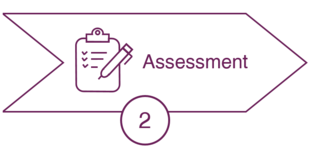
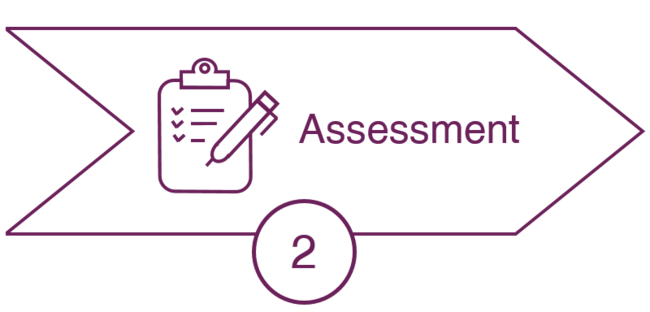
Examination of the security measures implemented with respect to their effectiveness & completeness.


Compilation of the results in a final report. With a final presentation as an option.
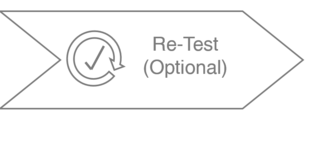
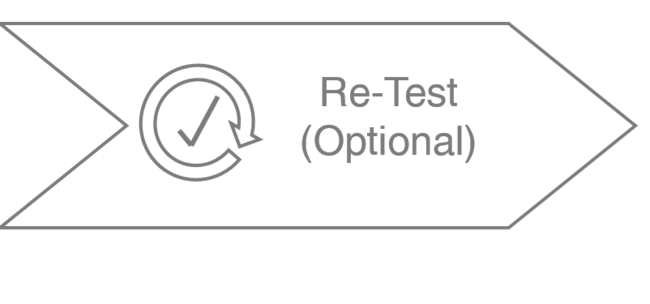
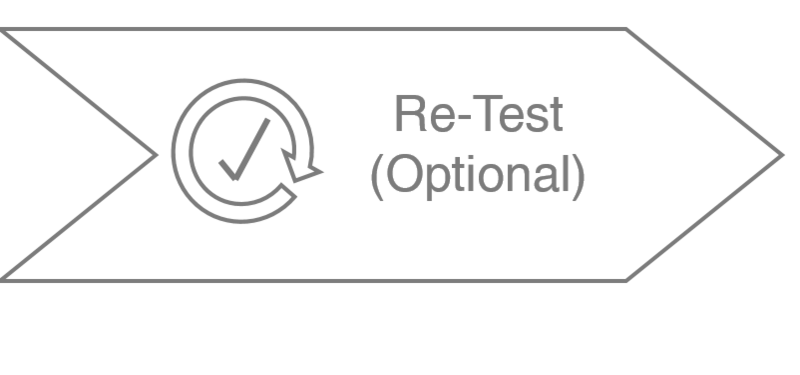
Check of whether the implemented improvement & defensive measures are working (effectively).
Frequently asked questions (FAQ):
The top 10 threats to industrial control systems in 2019 included:
- Infiltration of Malware via Removable Media and External Hardware
- Malware Infection via Internet and Intranet
- Human Error and Sabotage
- Compromising of Extranet and Cloud Components
- Social Engineering and Phishing
- (D)Dos Attacks
- Control Components Connected to the Internet
- Intrusion via Remote Access
- Technical Malfunctions and Force Majeure
- Compromising of Smartphones in the Production Environment
(Source: German Federal Office for Information Security)
In addition to the automated analysis and attack techniques, manually conducted investigations and verification are always performed. To achieve this, our IT security experts always use the latest attack techniques/tools from the hacker or security scene as well as tools and scripts they have developed themselves. In addition to technical (penetration) tests, interviews as well as inspections of the site, offices, IT rooms, etc. are also used.
The Industrial Control Systems (ICS) Security Compendium, which TÜViT designed and wrote on behalf of the German Federal Office for Information Security (BSI), is a fundamental work for IT security in ICS. It covers the necessary basics of IT security, ICS operations, and relevant norms and standards, and highlights best practices related to ICS IT security and essential security measures.
The compendium is primarily aimed at operators of industrial control systems who can reduce risks in ICS by implementing appropriate IT security measures.
Tel.: +49 201 8999-614
Fax: +49 201 8999-666
a.padberg@tuvit.de

















